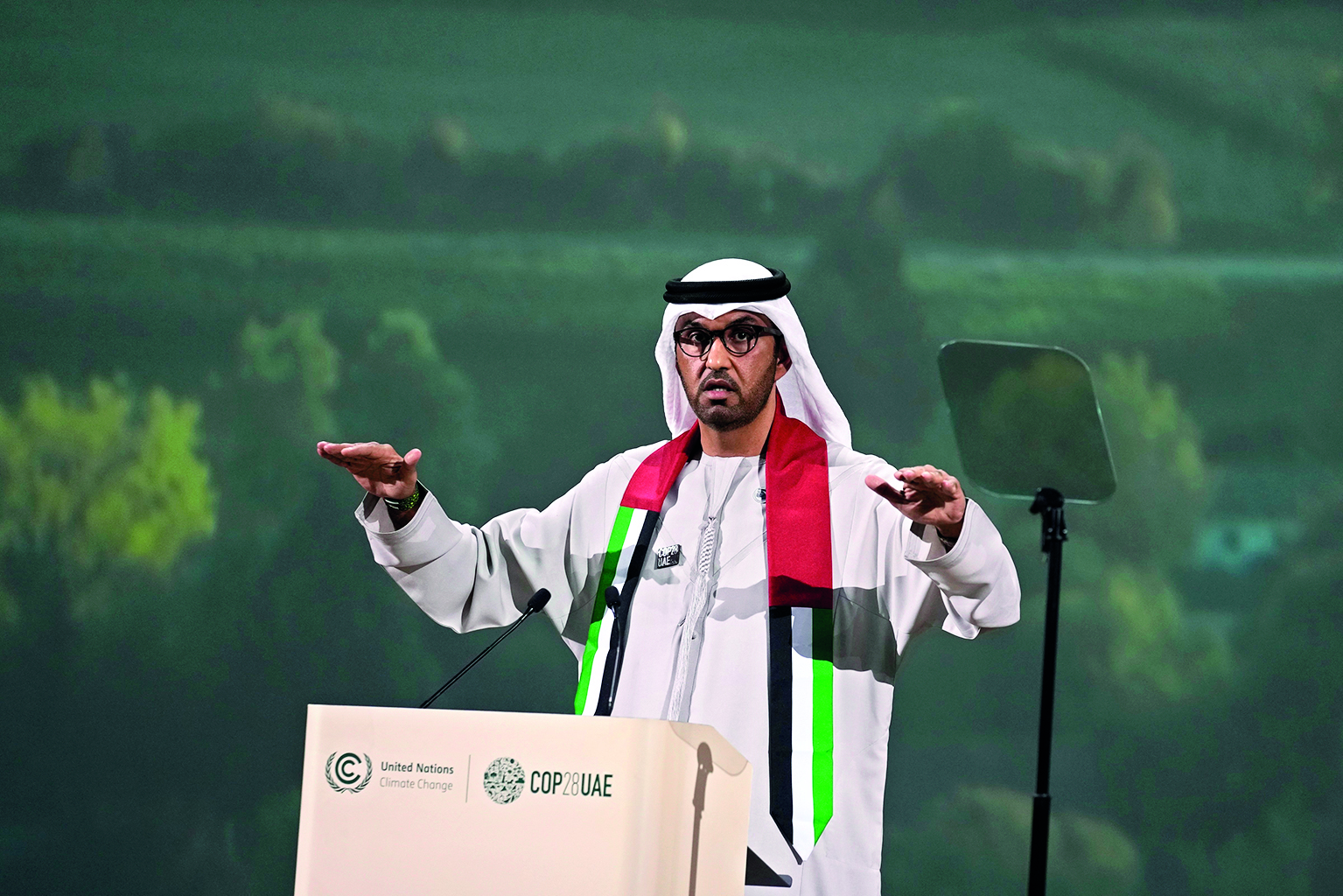As host of COP28, UAE now allows in critics it once kept out

Dubai: As participants at the United Nations’ COP28 climate talks filed in on Sunday for another day of talks, they found themselves greeted by a rare sight in the United Arab Emirates a protest.
From activism about the Israel-Hamas war to environmental issues, activists allowed into the UAE can demonstrate under strict guidelines in this autocratic nation. Others from organizations long banned by the country also have been let in, providing them some the opportunity for the first time in about a decade to offer criticism though many acknowledge it may see them never allowed back in the country.
“One of our major issues with COP28 is the fact that the UAE government is using this to burnish its image internationally and the fact that limited protests are allowed ... is a good thing,” said Joey Shea, now on her first trip to the Emirates as a researcher focused on the country at Human Rights Watch. “But at the end of the day, it helps to create this very false image that the UAE does have respect for rights when in fact it does not.”
The UAE, a federation of seven sheikhdoms led by Abu Dhabi’s ruler, bans political parties and labour unions. All power rests in each emirate’s hereditary ruler. Broad laws tightly restrict speech and nearly all major local media are either state-owned or state-affiliated outlets.
Laws also criminalise the very few protests that take place by foreign labourers over working conditions and unpaid salaries, which can see them get partial settlements but then be promptly deported. The Emirates’ overall population of more than 9.2 million people is only 10 per cent Emirati.
The rest are expatriates, many of them low-paid labourers seeking to send money back home to their families, skewing the country’s gender balance to nearly 80 per cent male. Many avoid saying anything as they see their livelihoods at risk for speaking up as their visas and residencies remain tied to their employers. However, the UN and the UAE agreed before COP28 that free expression would be allowed. Activists described a process of having to seek approvals with organisers for their demonstrations.
That also appears to have extended to allowing in people the Emiratis otherwise may not have.
About a decade ago, as the Arab Spring protests wound down, the UAE cracked down on Islamists and dissidents in the country. It also began blocking organizations like Amnesty International and Human Rights Watch from having their staff visit the nation. They included human rights expert James Lynch, at the time working for Amnesty. He was blocked from entering the country in 2015 to talk at a conference about migrant labour. Now the co-director of an organization called FairSquare, Lynch said he sought and didn’t receive a visa to attend COP28.
After Emirati officials told The Financial Times nothing blocked him from coming, he took a nervous flight to Dubai with a copy of the article in his possession in case he was detained
again at immigration.



